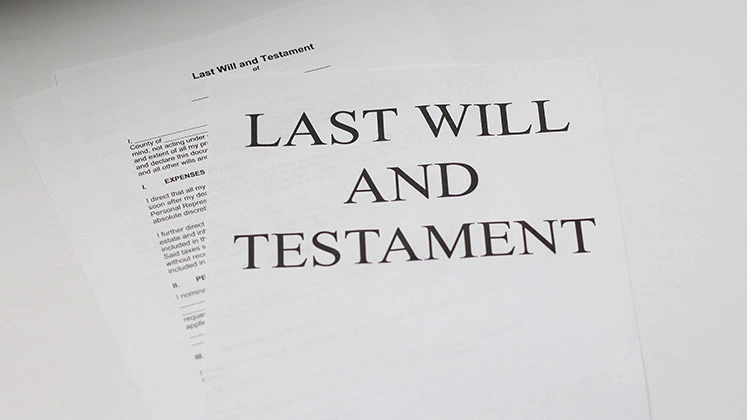
Our services make sure that no matter what happens to you, your family will be protected and provided for.
CONTACT US
Nursing Home Medicaid
The fact is, nearly 70% of Americans will require some form of long term care during their lifetime. While this usually applies to the elderly, it doesn’t just happen to them; many young people also wind up needing long term care due to unexpected illness, disability, accidents, and so forth. Long term care generally means medical care and assistance provided by a caregiver while still at home, or by an assisted living or nursing facility.
Long term care can be very expensive. The average cost for one month in a skilled nursing facility is nearly $8,000 per month. In-home health care can cost even more, depending on the types of care provided.
Our Nursing Home Medicaid Services
Ladybird Deed
As premier estate planning lawyers serving Florida and Alabama, we specialize in helping our clients secure their financial future and the prosperity of their families. Whether you need to establish a trust, will, deed or another legal agreement, we’re here for you. Contact us online to get started.
If you’re like most people, your family home is at the center of many cherished memories. Rather than it going on the market when you die, you might decide to leave it to one of your children. It’s as simple as writing it into your will, right? Well, not exactly.
Our Lady Bird Deed in Florida
Probate Attorney
The loss of a loved one can be incredibly tough on everyone involved. The situation is stressful enough on its own, so discovering that you have to go through the probate court to settle the deceased’s affairs can seem like an overwhelming challenge. Then there are the horror stories that so many people have heard: probate takes years, it costs a huge amount of money, and the government will just take everything anyway, so what does it matter?
In reality, the probate process is not as complicated as you might think, and as a probate attorney, I can help.
Learn more about Probate
Estate Planning
Many people, especially younger adults, think that they don’t need a will, trust, power of attorney, or any other kind of estate planning document. They believe that those things are only for the elderly or people in bad health and are simply not necessary for healthy folks in their 30’s, 40’s or 50’s.
They’re wrong. Estate planning is not just about having a will or trust. Instead, having a quality estate plan in place is like having good insurance: you hope you never need it, but it’s there in case the unexpected happens.
Our Estate Planning Services
Elder Law
While elder law attorneys work with people of all ages, they focus on issues that are particular to senior citizens and their families. Two of the biggest examples are: Nursing Home Medicaid Planning: one of the most common questions senior citizens have is “If I need a nursing home, how do I pay for it?”. This is an important question to ask, as most insurance plans do not cover nursing home care, and the out-of-pocket costs involved average anywhere to nearly $8,000 per month.
Estate Planning: any attorney can draw up a simple will, trust or power of attorney, but senior citizens often find themselves in situations where such documents are not appropriate for their situation and could even lead to confusion and litigation after they pass away.
Our Elder Law Services
Special Needs Planning
Many of us have disabled loved ones with special needs who rely on benefits such as Medicaid and Supplemental Security Income (or SSI). We don’t want to leave them assets that might stop them from receiving those benefits, but we don’t want to cut them out, either; instead, we want to provide for them after we’re gone while making sure they still receive the help they need. A Special Needs Trust can allow you to do this.
A Special Needs Trust can be incorporated into your estate plan. This type of trust lets you leave assets to disabled individuals without jeopardizing their benefits.
Our Special Needs Planning Services
Power of Attorney
While elder law attorneys work with people of all ages, they focus on issues that are particular to senior citizens and their families. Two of the biggest examples are: Nursing Home Medicaid Planning: one of the most common questions senior citizens have is “If I need a nursing home, how do I pay for it?”. This is an important question to ask, as most insurance plans do not cover nursing home care, and the out-of-pocket costs involved average anywhere to nearly $8,000 per month.
Estate Planning: any attorney can draw up a simple will, trust or power of attorney, but senior citizens often find themselves in situations where such documents are not appropriate for their situation and could even lead to confusion and litigation after they pass away.
Our Power of Attorney in Florida